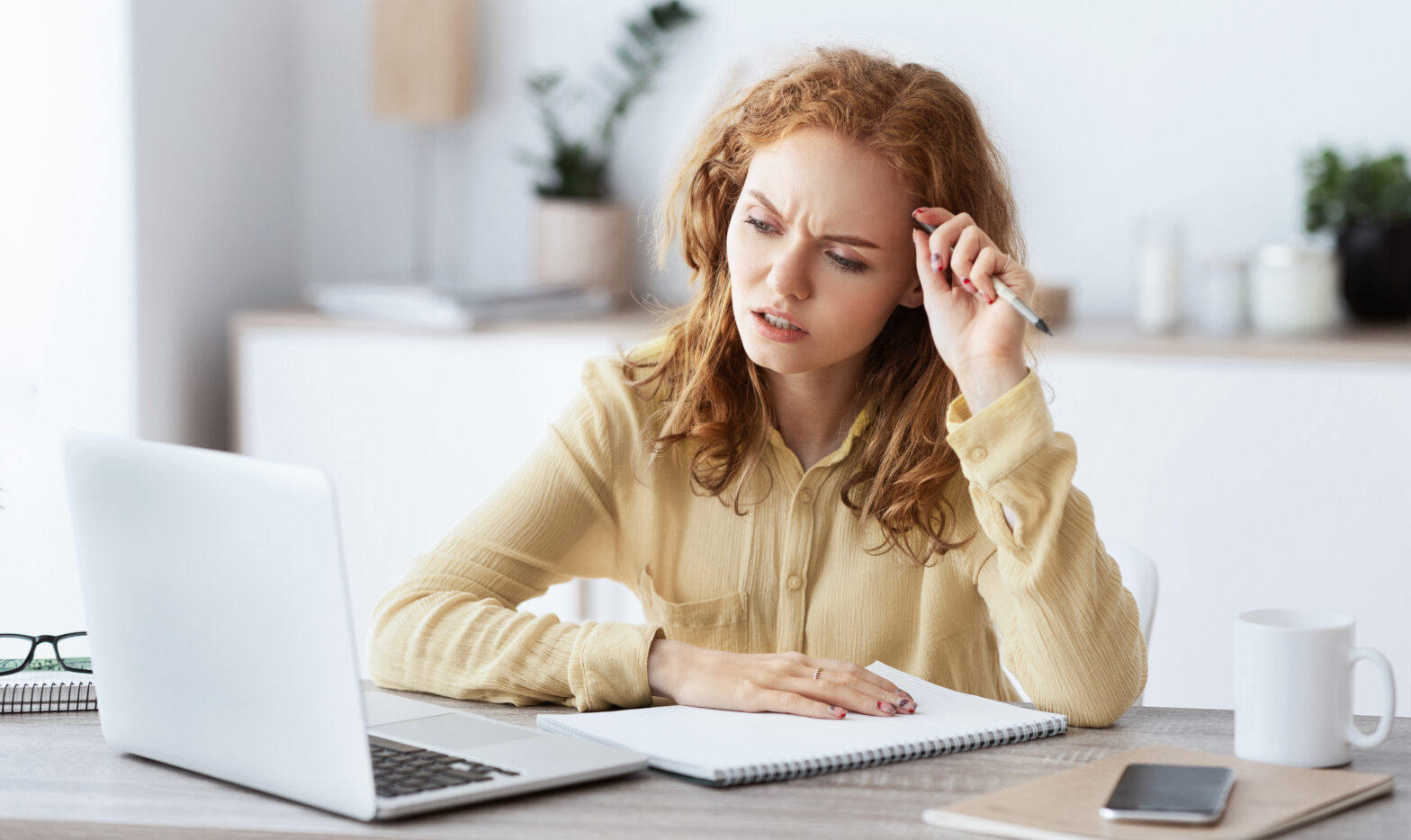More than 40 per cent of the self-employed earned less than £1,000 a month in April compared with 27 per cent pre-Covid-19.
One third of self-employed workers are struggling with daily living expenses, especially as energy is often a major cost for many small businesses.
And the total number of hours worked – and most self-employed get paid by the hour – is falling steadily, according to the latest London School of Economics survey of self-employment.
>See also: Number of self-employed falls one fifth since Covid-19
Self-employed workers in the UK were among those hardest hit by the pandemic and their incomes and businesses have still not recovered, according to the LSE Centre for Economic Performance (CEP) research.
Stephen Machin, co-author and director of CEP, said: “The current cost-of-living crisis is exacerbating the challenges for self-employed workers, whose incomes and profits have not fully recovered from the pandemic shock. The impact of Covid-19 restrictions has lightened, but recovery has stalled in the face of the high costs of energy and raw materials. These are contributing to the financial difficulties of the self-employed, particularly small businesses.”
Commenting on the CEP research in the Daily Telegraph columnist Matthew Lynn argued that people who work for themselves “have been treated appallingly by government” whether its through a complicated and restricted Covid-19 financial support scheme, higher National Insurance and dividend taxes, IR35 treating them as employees without the benefits, and now forcing them to use expensive Making Tax Digital accounting software.
“If the government was on a mission to hound the self-employed out of existence it could hardly be making a better job of it,” he wrote.
>See also: IR35: How the controversial tax changes have left self-employment on the ropes
Robert Blackburn, co-author of the report and professor of entrepreneurship at the University of Liverpool, said: “While the number of employees in the UK has steadily grown and is now above pre-pandemic levels, the numbers in self-employment are lower than they were in 2019. There was an increase in the number of people leaving self-employment during the Covid-19 crisis, but as the economy has picked up, the numbers going into self-employment have remained relatively low.”
Maria Ventura, co-author and research assistant at CEP, added: “Our findings suggest that the slow recovery of the self-employed from the effects of Covid-19 and its associated lockdown and support measures, is in jeopardy because of new challenges.”
The CEP surveyed 1,500 self-employed workers between 12 May and 7 June for its research.





